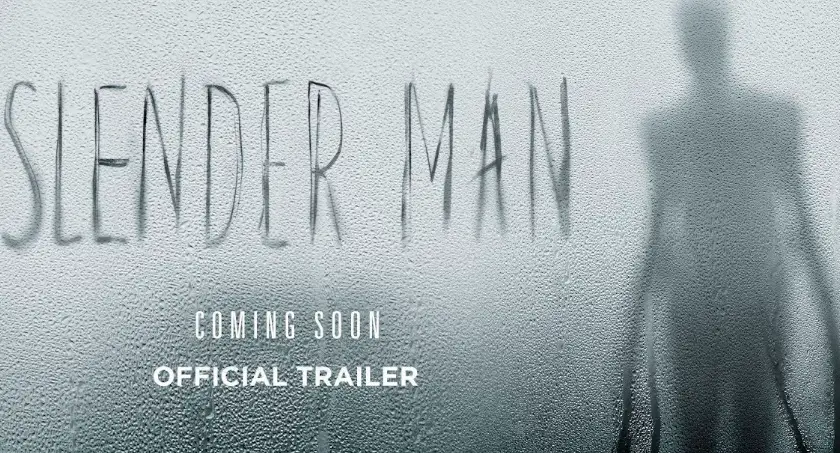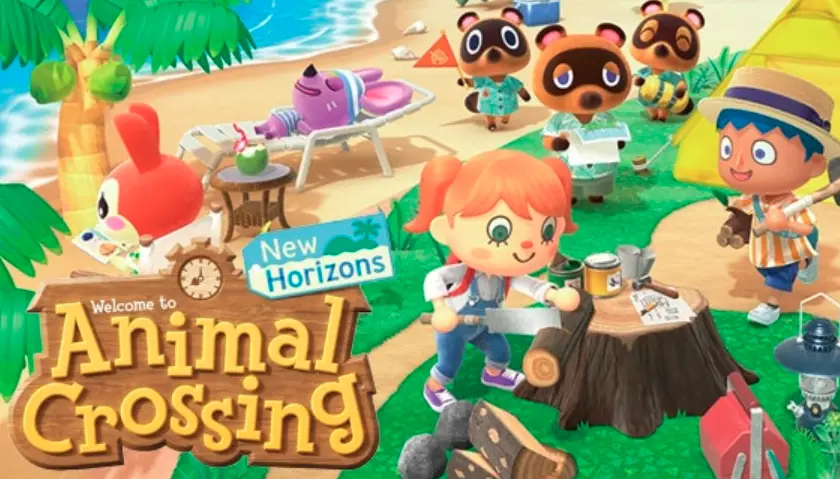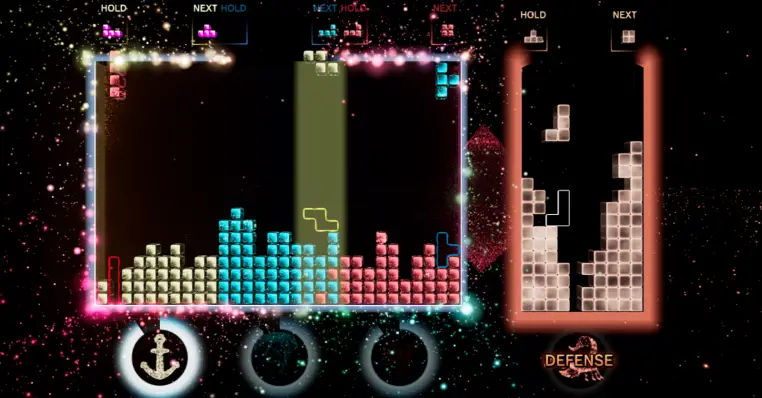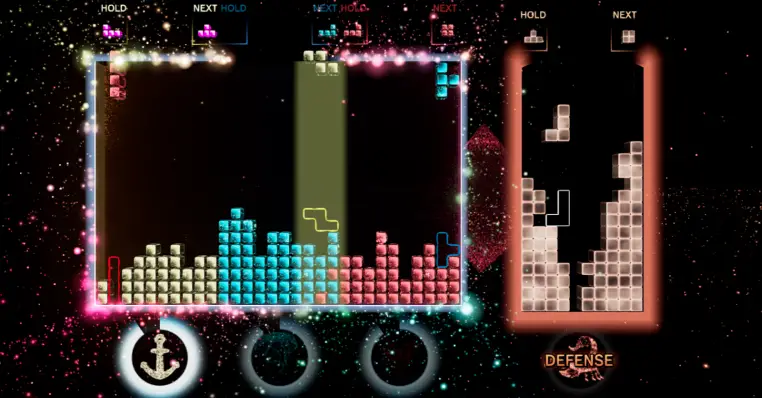
Video game stories are often very creative works of fiction but what happens when the story isn’t the narrative in the game what happens when it’s a game-related story that sounds fictional.
1. Pokemon Go

The game’s augmented reality feature encouraged players to walk around looking for virtual creatures, sometimes leading to distracted walking and unawareness of their surroundings. This resulted in reported cases of collisions with cars, bicycles, and other pedestrians. Additionally, players became engrossed in catching Pokemon, sometimes entering private properties without permission, causing conflicts with owners.
Causality: While Pokemon Go undoubtedly encouraged movement, some argue that distracted walking is a broader issue, and responsibility lies with individual players to be aware of their surroundings.
2. Minecraft:

In 2013, a teenager in the US was accused of planning a school attack, allegedly drawing inspiration from Minecraft elements like crafting weapons and constructing buildings. However, the connection was heavily debated, with some experts criticizing the simplistic linking of violent video games to real-world violence.
Causality: The accused’s motivations were complex and likely involved diverse factors beyond Minecraft. The incident sparked a wider discussion about video game violence and its influence on behavior, but establishing direct causation remains challenging.
3. Grand Theft Auto

Some criminal cases have been linked to Grand Theft Auto’s depiction of criminal activities. While it’s impossible to confirm whether the game directly influenced the perpetrators, its popularity and portrayal of illegal acts raise concerns about potential imitative behavior.
Causality: Establishing a definite link between playing GTA and committing real-world crimes is difficult. Many factors like personal circumstances, pre-existing tendencies, and access to opportunity likely play a more significant role.
4. Silent Hill 2

Silent Hill 2’s psychological horror elements, disturbing imagery, and exploration of unsettling themes like grief and guilt have reportedly led to players experiencing nightmares and heightened anxiety. The game’s atmosphere and story are designed to evoke fear and unease, and some individuals may be more susceptible to its emotional impact.
Causality: While the game’s psychological impact on some players is evident, it’s crucial to recognize that individual sensitivity and mental health play a significant role in how individuals react to such content.
5. Slender Man

In 2014, two teenagers attempted to murder a classmate, allegedly claiming their actions were inspired by the Slender Man internet myth. This incident highlighted the potential dangers of online horror stories and how they can influence vulnerable individuals.
Causality: While the connection to Slender Man was made by the perpetrators, attributing their actions solely to the myth is overly simplistic. Mental health factors and pre-existing conditions likely played a significant role in the incident.
6. Animal Crossing

The game’s calming atmosphere, social interactions, and creative outlets were credited by some players with helping them cope with loneliness and anxiety during the COVID-19 pandemic. The community aspect and peaceful world offered a sense of escape and social connection during a period of global isolation.
Causality: While Animal Crossing provided helpful tools for some players, it’s important to recognize that individual coping mechanisms and mental health resources are crucial for overall well-being.
7. Tetris Effect

Studies have shown that playing Tetris Effect, with its intense visual and auditory stimuli, can improve cognitive functions like spatial awareness and concentration. Additionally, the game’s immersive experience and music have been linked to improved mood and reduced anxiety in some players.
Causality: While the research suggests potential benefits, the effects of Tetris Effect on all players may vary. Individual differences and responsible gameplay practices are essential for maintaining good mental health.
8. World of Warcraft

Details: The extensive online world of World of Warcraft fosters social interaction and community building. Over time, some players develop deep connections and relationships that transcend the virtual world, leading to real-life friendships, romantic relationships, and even marriages.
Causality: WoW provides a platform for social interaction, but individual personalities, values, and shared experiences ultimately determine the nature and development of in-game relationships.
9. ARMA 3

Some reports suggest that terrorist groups might have used ARMA 3’s realistic military simulations for training purposes. However, concrete evidence has been scarce, and experts raise concerns about the validity of these claims. The game’s developers have also condemned any potential misuse and taken steps to prevent unauthorized distribution.
Causality: Establishing a direct link between ARMA 3 and real-world terrorist activity is challenging due to a lack of verifiable evidence and the potentially complex motivations behind such acts. Accurately attributing blame requires careful analysis and avoiding simplistic blame on video games.
10. Eve Online

Details: Eve Online features complex player-driven economies and political alliances. Some high-stakes virtual conflicts have involved sophisticated strategies and collaboration, even mirroring real-world tactics like espionage and financial maneuvering. Additionally, virtual resources have sometimes translated into real-world financial transactions, highlighting the game’s interconnectedness with the real world.
Causality: Eve Online demonstrates the blurring lines between virtual and real in an online community. While the game presents opportunities for creativity and strategy, it’s important to maintain responsible boundaries and recognize the distinct nature of virtual economies and real-world financial transactions.
Conclusion
Each of these instances presents a complex situation with unique factors and considerations. It’s crucial to approach them with critical thinking, analyze the available evidence, and avoid drawing simplistic conclusions about cause and effect. While video games can influence human behavior in various ways, their impact is multifaceted and depends on individual circumstances, mental health, and pre-existing tendencies.
